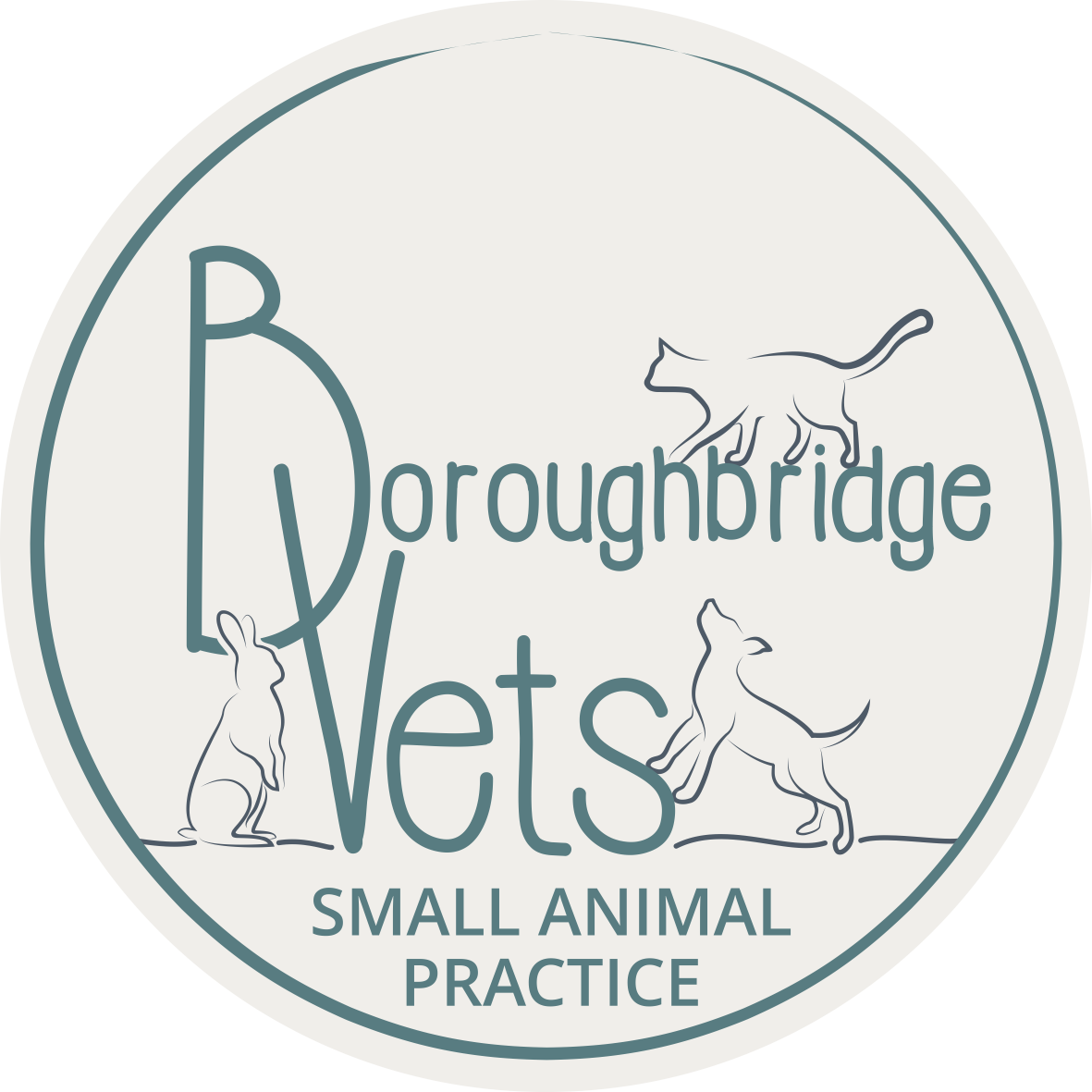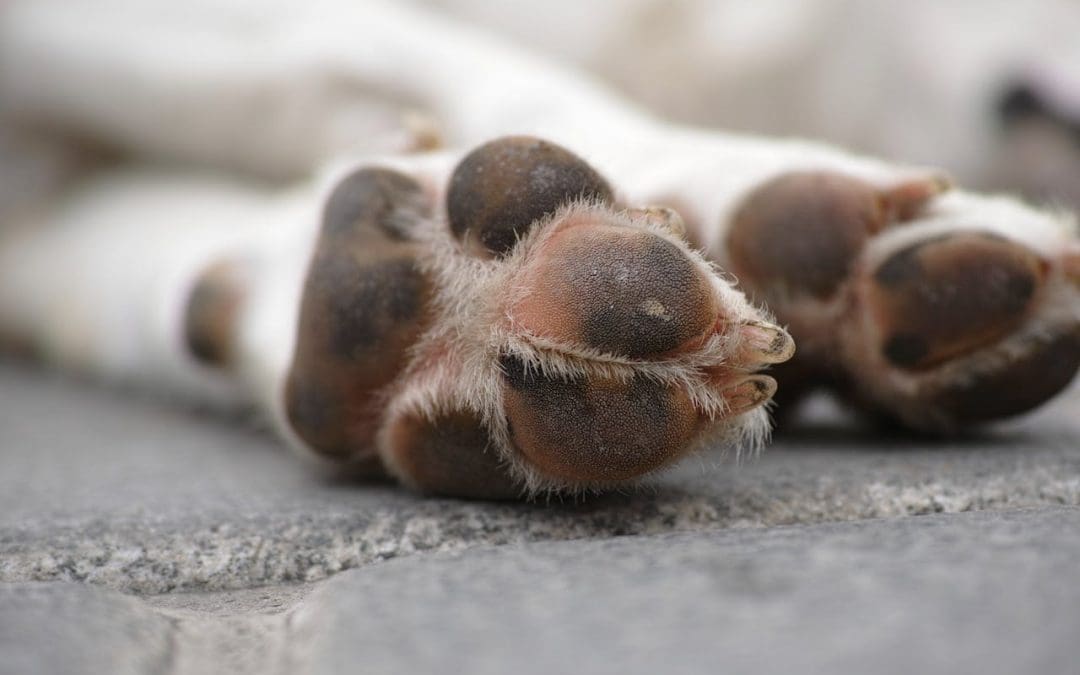“How lucky am I to have something that makes saying goodbye so hard.”
– Winnie the Pooh, A. A. Milne.
The hardest part for any pet owner is making the decision about when it is the ‘right time’ to say goodbye. We understand that all pet owners would prefer their pet to die peacefully in their sleep, but unfortunately, natural deaths are rarely as peaceful and pain-free as we picture them. Euthanasia allows us to provide a dignified and pain-free end for our beloved pets.
Our team of vets and nurses will support and guide you through this decision, so don’t be afraid to ask any questions beforehand, no matter how trivial it may seem. It is also helpful to talk to your family and friends to help determine if your pet’s quality of life is deteriorating. Sometimes an outside perspective can help identify changes that are less obvious to you when you see your pet every day.
There are resources available to help you through conversations about a pet’s quality of life. We recommend the Lap of Love Quality of Life Assessment to work through with family, and you can always book a consultation to discuss your concerns with one of our vets. The Blue Cross provides a free and confidential support service for those grieving a pet or facing the loss of a pet – Blue Cross Bereavement.
There are many decisions to be made and thinking about these before the consultation can be helpful. Some things to consider include:
- Whether you wish to bring your pet into the practice, or whether to arrange a home visit with one of our vets and nurses.
- Whether you wish to take your pet home for burial, whether you wish to have the ashes returned or whether you would like the practice to take care of your pet’s remains.
- Whether or not you and your family or friends wish to stay with your pet whilst the injection is given.
Euthanasia is an overdose of an anaesthetic agent that is administered via an injection directly into a vein. This means your pet will lose consciousness and fall asleep before passing peacefully. Sedation may be recommended by your veterinarian, which can help to calm your pet and make the process of placing the intravenous cannula much less stressful. Sedation is particularly useful if your pet is nervous around strangers, worried about having their feet touched or scared of the sound of clippers.
After the injection it is not unusual for your pet to take some deep breaths or experience muscle twitching, these are reflexes that can occur after your pet has passed away and they are no longer conscious or experiencing any pain. It is also important to note that after a pet has passed their eyes may not close and they may empty their bladder or bowels. Once your pet has passed we will allow you time to say your final goodbyes before carefully preparing your pet for cremation (if you have selected this option). At this stage we are able to create a paw print, a nose print or a clipping of your pet’s hair for you to keep as a memento.

